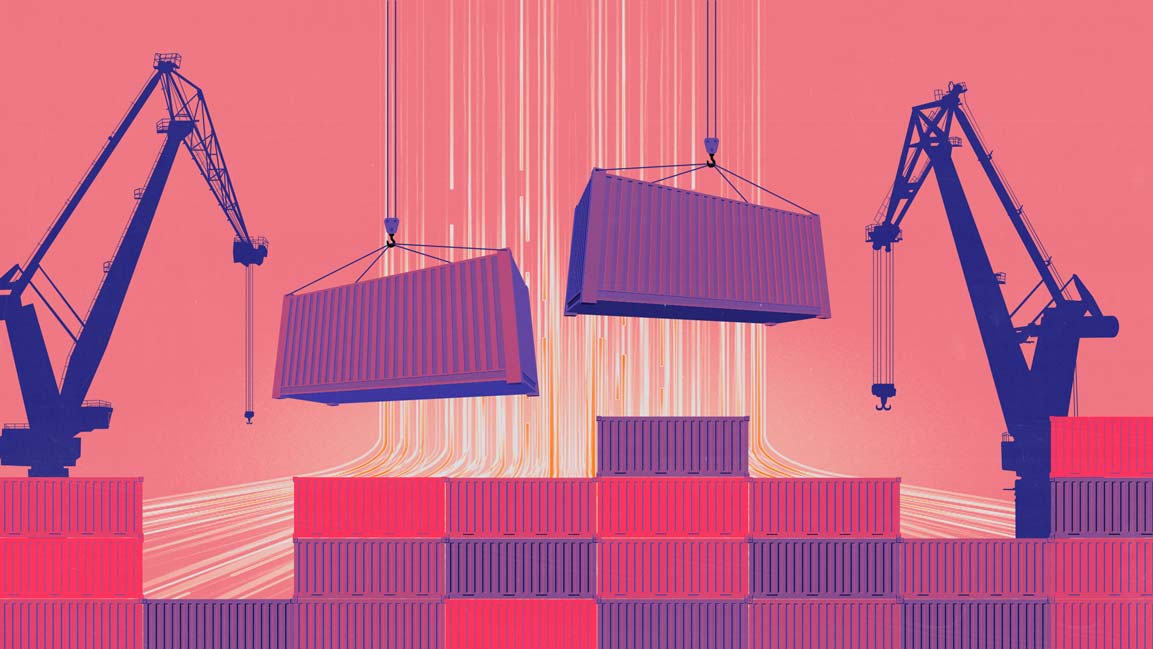India, UK Chart Innovation Path in Trade Deal
India’s upcoming free trade agreement (FTA) with the UK will, for the first time, include a dedicated innovation chapter, commerce secretary Sunil Barthwal said on Monday.
Topics
News
- India Looks to Orbit for Its Next Data Centre
- IIT-Bombay, Columbia Team Up to Build AI Backbone for Indian Manufacturing
- India Bets on Digital Public Infrastructure Model for Education AI
- OpenAI Retires GPT-4o as It Consolidates ChatGPT Models
- Adani Power Sets Up Nuclear Subsidiary
- Musk Unveils xAI Overhaul, Lunar AI Ambitions

India’s upcoming free trade agreement (FTA) with the UK will, for the first time, include a dedicated innovation chapter, commerce secretary Sunil Barthwal said on Monday.
Speaking at the Confederation of Indian Industry Global Capability Centers (CII GCC) Summit, Barthwal described the feature as a “first‑of‑its‑kind” provision that will reshape bilateral trade and elevate collaboration in sectors such as artificial intelligence (AI), clean energy, digital tech, health‑tech, and advanced manufacturing.
The agreement, negotiated since January 2022 and agreed in principle on 6 May, remains under legal review and is expected to be formalized by late July.
While the full text remains unpublished, key elements are emerging ahead of final signing and parliamentary ratification in both countries.
Barthwal said the innovation agreement will establish an Innovation Working Group to drive cooperation between industry, regulators, and academia.
It will focus on technology commercialization, supply‑chain resilience, and removing trade barriers to push the deal beyond traditional tariff concessions.
He noted the innovation chapter cements the shift away from conventional FTAs toward “innovation corridors,” reflecting India’s growing ambition in global tech partnerships.
This aligns with the UK’s strategy for a post‑Brexit trade agenda and supports India’s push to expand its knowledge‑driven economy.
The agreement is expected to boost bilateral trade by roughly $34 billion annually by 2040, according to UK officials and economic forecasters.
The treaty will also reportedly include new compliance standards: legal recognition of electronic contracts, bans on forced source‑code transfer, stronger consumer protection online, enhanced intellectual property safeguards including geographical indications, and robust data‑flow governance.
Barthwal framed the innovation chapter as part of broader trade talks, noting India is concurrently negotiating FTAs with the EU and the US and that modern trade deals increasingly serve as enablers for corporate giants, especially GCCs, to make India an innovation hub.
Negotiators are still working to resolve issues such as visa access, social‑security rules, and sensitive tariff segments.
The pact includes provisions on innovation, data rights, and technology collaboration, reflecting the evolving priorities in India’s trade agreements.






